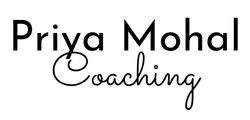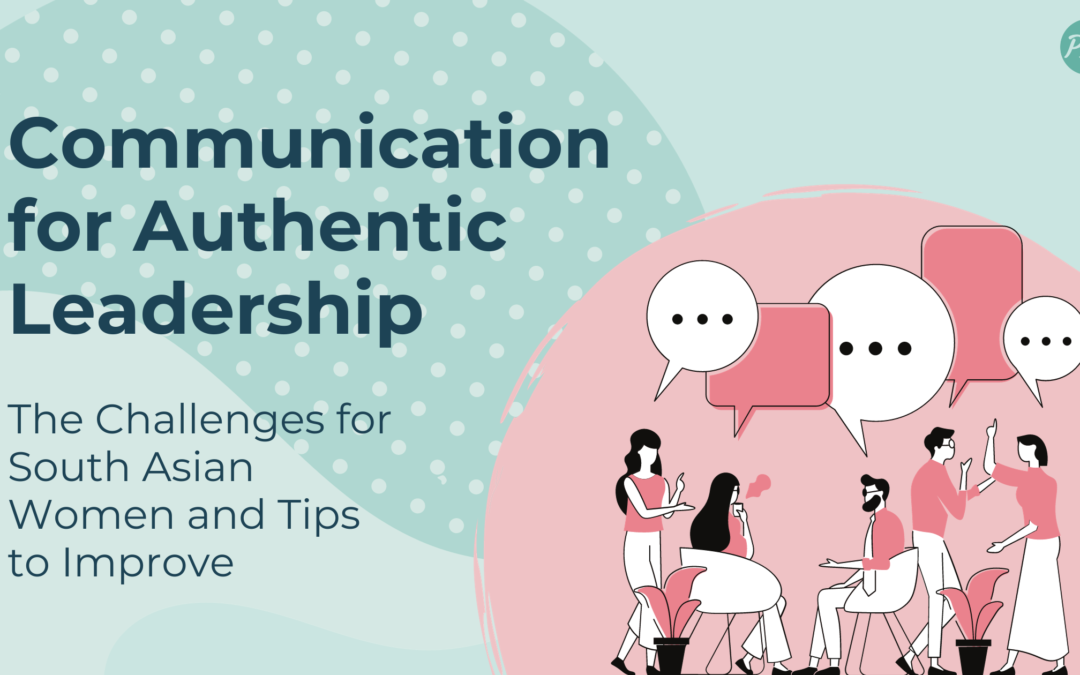Do you want to be a better manager, colleague, or even friend or parent? Then working on your communication skills is a must!
One of my favourite sayings is from the book, The Courage to Be Disliked (by Ichiro Kishimi, Fumitake Koga):
“All problems are relationship problems”.
Think about it, every issue you may have will come down to a problem with someone about something.
The way to understand and resolve issues is through communication.
At work with colleagues or managers, you can use your communication skills to develop strong relationships that support individuals, team growth and culture. If you have ambitions to become a leader/manager then learning these skills is a must, especially if you want to develop a coaching style of management which is what many leaders are moving towards, (I recommend reading Coaching for Performance by Sir John Whitmore).
One of the main topics of my Group Coaching Program is Communication because I want to ensure my clients have skills that can support them at work. I identified, listening, empathy and assertive communication as the secret weapons of Authentic Leadership because with these you can understand peoples’ views, and feelings, and gather so much more information whilst also ensuring that they feel heard and seen, which develops loyalty and trust. If your team knew that you were the one who understood them, and was willing to listen and build relationships then performance may not be an issue.
The Challenges
However we face several challenges, too many to cover here but for a start, as South Asian women, unfortunately not many people want to see us as willing to have brave conversations, to open up about our opinions or to make changes to benefit our lives if it doesn’t fit in within their expectations. Hence I believe we experience higher levels of gaslighting, backlash, micro-aggressions and outright abuse in society and unfortunately within families.
Our white colleagues may not realise that at work the reason we might not speak up as much is that we are brought up to respect our elders, to listen and learn and to be supportive of others, but this doesn’t always benefit our own positions when we want to move up in our careers.
From what coaching has taught me, in relationships, there are always two people and we can’t control what other people will or won’t do, but we can focus on ourselves and our actions, whilst advocating for change and raising awareness.

Working On Your Skills
If communication matters to you, here are a few ways to work on your skills:
Non-verbal communication
Non-verbal cues, such as our facial expressions, body language, etc, account for 70% to 80% of our communication. As such, being more self-aware of your non-verbal communication can support you in all your conversations with people.
Non-verbal communication is specific to the context and culture of where you are and whom you are communicating with, so be mindful that it may vary for individuals.
A few to be aware of:
Body movements (kinesics), for example, hand gestures or nodding or shaking the head, which is often the easiest element of non-verbal communication to control;
Posture, or how you stand or sit, whether your arms are crossed, and so on;
Eye contact, where the amount of eye contact often determines the level of trust and trustworthiness;
Listening Skills
Listening is about taking in and interpreting information to help inform your own response and decision-making.
Hearing and listening are two separate things. We hear with our ears physically, but we listen with our mind and body, picking up on non-verbal cues as well as verbal, so what we hear becomes something we can connect with and comprehend.
The benefits of good listening are that our empathy and understanding of others can all be improved, as well as the chance to develop greater connections and high-quality conversations with the people we see every day.
Whomever you are listening to (friends, your child, your colleague or your boss, the process is the same).
So to enhance your listening skills, try out these strategies:
- Concentrate with your eyes and ears, and maintain comfortable eye contact.
- Sit or stand up straight, and be alert, focusing your full attention on the person speaking.
- Focus on the main themes of what is being said rather than the individual words.
- Be interested – otherwise, you may quickly get bored and lose interest which will show in your body language.
The next step is to check and clarify the information you have received by paraphrasing what has been said in your own words. Use phrases that begin with:
- So, I am hearing….
- From what you’ve said, my understanding is that…
If you’re not sure what the message is then ask! To gain clarification and understanding, use phrases such as:
- Tell me more…
- How did you feel when….
All this will help you to develop stronger relationships because the person feels listened to, you are showing empathy and understanding to their situation/problem and can now better support them.
Empathy
Research from Catalyst shows “We found that empathy is an important driver of employee outcomes such as innovation, engagement, and inclusion—especially in times of crisis. In short, empathy is a must-have in today’s workplace”.
In addition to paying attention to non-verbal cues and actively listening, during your important conversations, you can also improve empathy by:
- Intentionally discuss feelings, see things from your employees/colleagues’ points of view and reflect on what they have said to you to make sure you understand correctly.
- Take time to meet with people and get to know them on a personal level, not just as work people.
- If someone is going through an emotional time, give them space to discuss it without interrupting.
- Don’t assume that employees/colleagues know that you care, tell them. You can say ‘I’m concerned because I care’, or ‘I can see how challenging this is for you’.
- Part of being a leader is showing your own vulnerability on appropriate occasions, not necessarily telling them your life story but if you can relate tell them how.
These three skills are underrated in top leadership spheres and I believe they can be developed and used to great impact by women who want to stand out in their careers and develop key relationships.
If you’re looking to delve a little deeper, then purchase my ‘Transform Your Communication’ workbook which goes into more depth on these topics as well as Assertive Communication. Head to the Workbooks tab and purchase today.
Priya Mohal
Career Coach to South Asian Women
References
Catalyst https://www.catalyst.org/reports/empathy-work-strategy-crisis/
Skills You Need https://www.skillsyouneed.com/ips/nonverbal-communication.html

